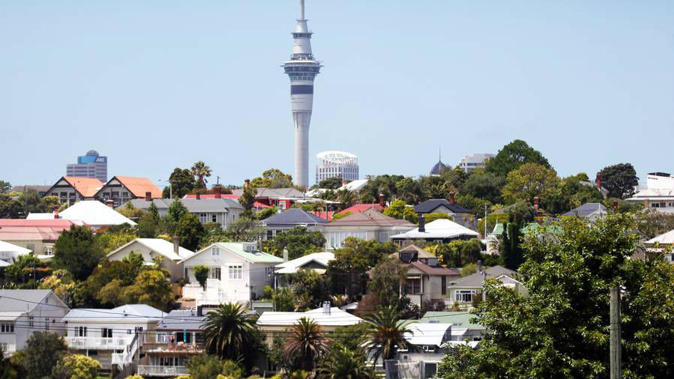
Two-thirds of Airbnb hosts in Auckland have dodged a new bed tax because the council cannot track them down.
And the number of them paying the full amount for running a business out of their home has plummeted - leaving hotels and motels concerned that they will have to pick up the tab.
Since August, homeowners who rented out their whole property or a guest-house on websites like Airbnb or Bookabach for more than a month each year were charged the new targeted rate, also known as a bed tax. They were also rated like a business rather than a residential property.
The council said the tax would capture around 3800 out of around 8000 Airbnb properties.
But as of December, the council has only been able to track down 1278 of these properties - around 33 per cent.
"The others have yet to be discovered," said Auckland Council principal advisor financial policy Aaron Matich.
"The council is still looking for online accommodation providers and when found they will be charged according to the policy."
Airbnb and other websites refused to share information about hosts on privacy grounds. As a result, council officers had to scour accommodation websites for property listings.
Matich conceded that the new policy had encountered some difficulties.
"We will look to review our implementation approach over time. At this stage, our primary approach is to identify online accommodation providers through online listings. We will be undertaking further work on this in the first half of [this] year."
When the rates bills were posted, the council said more than 800 online accommodation providers were renting out their properties for more than half the year. That meant they would be charged the maximum - full business rates and the full bed tax.
However, the council's updated figures show just 162 providers were renting out their homes for more than half the year.
Matich said this was because the council's default position had been to charge the full rate. If it received information which showed that the hosts were renting out their properties for less than 180 days, the rate was reduced.
/arc-anglerfish-syd-prod-nzme.s3.amazonaws.com/public/W3RH6WGYM5HATDMG46A7RARST4.jpg)
Phil McNally, from Oneroa on Waiheke Island, was one of the ratepayers who successfully objected to his rates bill. Photo / Supplied
Phil McNally, from Oneroa on Waiheke Island, was one of the ratepayers who successfully objected to his rates bill. The rates bill for his $1.8m house jumped from $4191 to $13,628because he rented out a one-bedroom sleepout on the property.
McNally complained that the guest house only made up around 10 per cent of his property and that it was rented out less than half the year. After a reassessment, the council lowered his bill to $5100.
"They've rushed this in at a hell of a pace and it's a bit of a mess," he said.
Tourism Industry Association chief executive Chris Roberts said it was "quite astonishing" how few Airbnb hosts were now paying full rates.
"At the start of this year there were about 13,000 Airbnb listings in Auckland, and that number's probably grown.
"The council certainly indicated that it terms of fairness that these listings should be counted as well in terms of the targeted rate. But only 160 - a tiny percentage - are going to be captured."
Roberts said he was concerned that hotels and motels would have to make up the difference by paying more in next year's rates.
"They were looking to collect a set amount per year and the way of collecting that is by simply dividing up the number of targeted properties by that sum.
"The more properties paying, the less each property will pay."
Matich said online accommodation providers only made up a small portion of the revenue - around $870,000 or 6 per cent of the total. Despite the problems it had encountered with the bed tax, he said the council still expected to meet its budget for the 2018/19 year.
BED TAX
- Introduced for hotels and motels in 2017 and some Airbnb and online accommodation in 2018.
- Applies to properties in popular areas (CBD and Waiheke Island) which are rented out more than 28 days a year.
- These properties must also pay a partial or full business rate, rather than residential
- The more days houses are rented for, the more they pay.
THE STATS
- Estimated 13,000 online accommodation listings in Auckland
- 3800 liable for bed tax
- 1278 charged by the council
- 162 paying the full business rate and bed tax.
Take your Radio, Podcasts and Music with you









